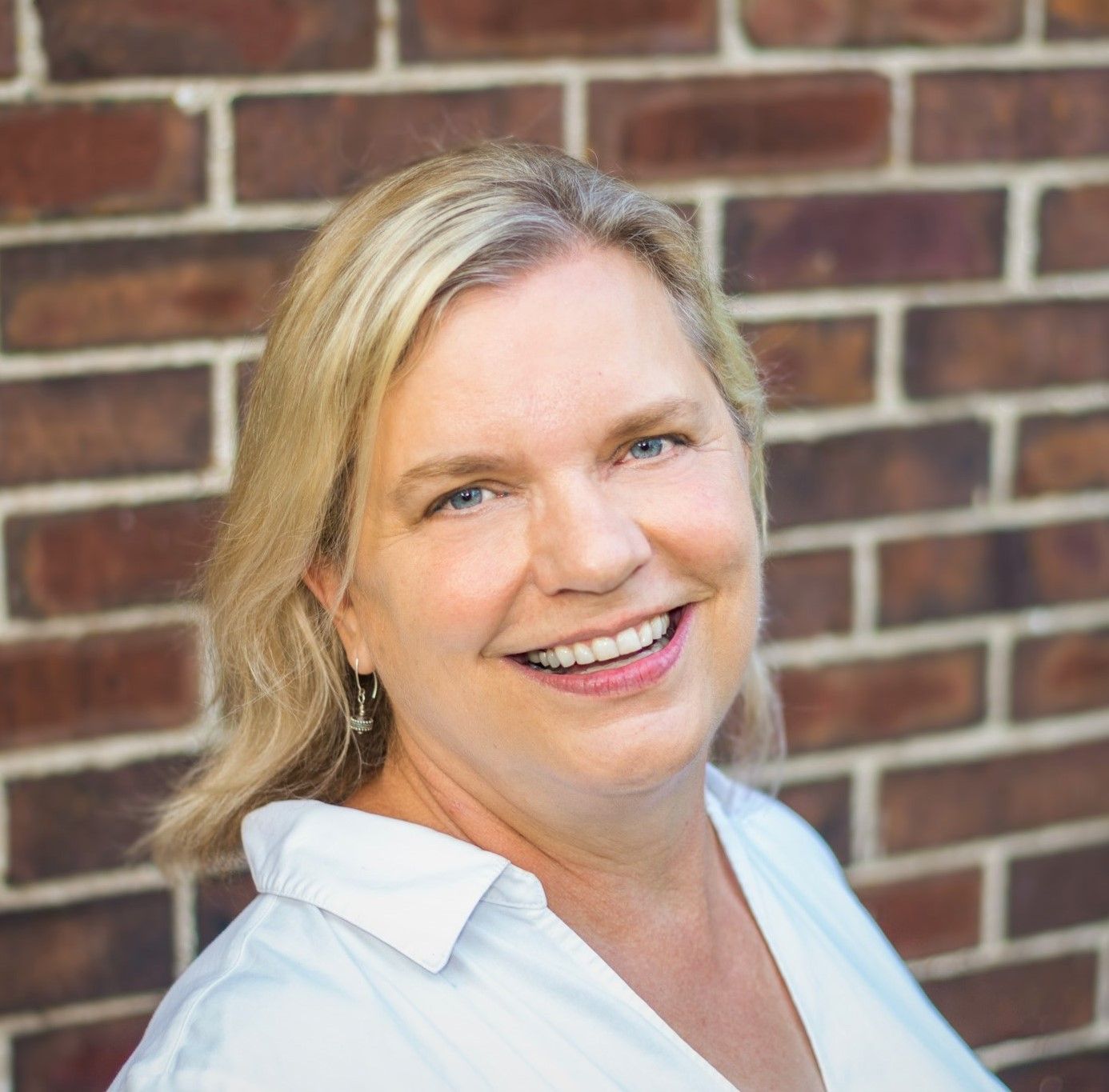Empaths pick up on others’ moods, feeling them as their own. Here empaths describe the experience and offer advice for making the most of this unique superpower.
Since she was a child, Kwan Patton has absorbed the emotions of other people. “I didn’t understand it when I was growing up. I felt different than other people. I can feel what others are feeling. It’s even hard to be in a crowd because I pick up on the energy of everyone around me,” she says. Today, Patton is a licensed clinical therapist and certified life coach and puts her sensitivity to work in that capacity. “If I am working with a client, I might actually feel their pain in my own body,” she describes. Those around her often pick up on her empathic nature, too. “I can meet a stranger and within minutes they might start sharing their deepest problems with me.”
What Is an Empath?
Patton identifies as a lifelong empath, meaning someone who is highly attuned to the emotions of others. Empaths not only understand what another person is experiencing, but also feel it along with them. Talking with a sad friend makes an empath feel like crying, too.
“An empath is a very sensitive person who doesn’t have the ordinary filters other people have to keep other people’s energy out,” explains Judith Orloff, MD. Dr. Orloff, author of the forthcoming book The Genius of Empathy (with a foreword by His Holiness The Dalai Lama), is both a practicing psychiatrist and a lifelong empath herself. “Empaths feel everything. They have tremendous capacity for loving and giving and service. When they are around other people, they tend to absorb others’ energy like a sponge. They can experience empathy overload.”
“Empaths have the biggest hearts — they are incredibly loving. Their understanding can make them incredible partners, friends, and parents.”
To be an empath is to possess a radar others don’t have. “Empaths are experts at picking up on the energy of spaces,” says Katie T. Larson, PhD, a transpersonal hypnotherapist, personal growth coach, and founder of GrowthQuests. “[You] walk into a room and can instantly feel the vibes. It’s as if you are reading the room like a heat map. You can tell who feels energetically ‘hot’ or ‘cold’ by their high or low vibes.”
An empath herself, Dr. Larson says, “I used to live in the very dense city of Hong Kong. When I would walk on the crowded streets during my lunch hour, I noticed I got stressed and my mood plunged quickly. Later, I realized it wasn’t me — I was actually picking up on the many moods of the strangers all around me.”
Interested in learning more? Check out Living in Calmness When Emotions Overwhelm You.
Are Empaths Born or Made?
Although many people identify profoundly with the description, “empath” is not a clinical diagnosis. There is no scientific consensus on what creates this kind of deep empathy. One theory is that empaths’ brains are wired differently. Orloff says empaths may have a very active network of “mirror neurons” — brain cells that help us respond to the actions we observe in others. Mirroring others can create social bonding; we smile when someone smiles at us, for example.
Patton has a more mystical explanation: She sees her empathy as a gift. “My grandmother who raised me was very spiritual, too. Her birth name was Alpha Omega. She was highly intuitive and empathic. She couldn’t enter hospitals, for example, as she would pick up on all the emotions there. She would say, ‘It’s just too much for me.’ Now I understand that she was an empath, too.”
Others believe that, in some cases, becoming highly empathic may be a consequence of experiencing trauma. “Trauma can make you hypervigilant. Your radar is always up for signs of danger. You get very good at reading the room,” says Kristen Schwartz, certified trauma recovery coach, founder of Realized Empath, and author of The Healed Empath.
The Pleasures and Pains of Being an Empath
Empaths describe their intuitive ability as a powerful form of social glue. “Empaths make deep connections with other people. We emotionally feed off deep conversation and lots of laughter, and get recharged by being with those we feel safest with,” says Larson. Empaths’ understanding can make others feel very at ease. “It’s a superpower,” she adds.
As a result, empaths often find themselves in the helping professions — teachers, therapists, healers. “Others pick up on the fact that you are deeply engaged with them,” says Patton. “I will have clients say, ‘I feel very safe with you.’”
Orloff says, “Empaths have the biggest hearts — they are incredibly loving. Their understanding can make them incredible partners, friends, parents.”
Our experts agree this ability comes at a cost. You can feel drained and depleted when you are constantly being buffeted by the moods of those around you. “Empaths can be big people-pleasers. Because you feel it as your own, you feel compelled to relieve everyone’s pain. You don’t want to let anyone down,” says Patton.
How to Tell if You Are an Empath
If all of this sounds familiar, one way to discover if you fall into this category is to consider how you feel when you are alone versus how you feel around other people, advises Larson. “If your moods change dramatically depending on the people you are around, you may be an empath.”
Online tests abound. Orloff offers an online self-assessment quiz here.
Schwartz’s advice: “Rather than being worried about putting a label on your experiences, I recommend you start caring for yourself as if you are [an empath].”
4 Self-Care Tips for Empaths
“As a psychiatrist, many patients come to me to learn to develop self-care strategies so they don’t absorb the angst of the world,” says Orloff. “They can protect themselves while maximizing this gift.”
Here’s where to begin if you think you might be an empath.
1. Develop Self-Awareness
One important starting point is to practice identifying “where you end and the other person begins,” says Larson. It’s a distinction that doesn’t come naturally to an empath. When you’re meeting a new person, for example, notice how you feel, and then pause and ask yourself, “Is this feeling I am experiencing mine? Or am I picking this up from someone else?”
To keep from being totally overwhelmed by the energy of others at parties and in crowds, try using Orloff’s mantra: “Observe, don’t absorb.”
“I have worked on noticing others’ feelings and letting go,” says Schwartz. “I become more intentional about when I should engage and when I should not. Before, I might be on a walk and run into a neighbor. She might be chatting about her dog, but I could sense that underneath she was very upset about something. I would feel anxious and awkward. Now, I understand she might not want to talk about it. I have learned to say to myself, ‘This problem is not mine to take on,’ and let it go and just be present with them.”
2. Try a Visualization
If you are entering a crowded environment or need to be around toxic people, you can protect yourself by visualizing a shield of light all around you, extending out a few inches. Imagine other people’s energy simply bouncing off it. “Before I go into a busy store, I might prepare by spending a few minutes in my car visualizing a pyramid of light protecting me from other people’s energy,” says Larson.
3. Establish Boundaries
Empaths feel deeply and naturally want to solve others’ problems. As a result, they often put their own needs last and can eventually experience burnout and resentment. Orloff says empaths need to learn to set boundaries with others in their lives by speaking directly. If a friend spends hours with you wallowing in the details of a breakup, for instance, “You can say, ‘I am your friend and I love you. I hear you going around in circles on this. I can listen for five minutes and then let’s change the subject,’” suggests Orloff.
4. Move Your Energy
Empaths say the energy they absorb from others can get stuck inside their own nervous systems, leaving them angry or enervated. It’s important to have methods to release it. Movement is a good place to begin: “Start by moving or shaking your body to allow that energy to escape. Or you might visit an energy healer or an acupuncturist to assist you,” Larson recommends.
Patton says, “I have learned that nature replenishes my energy and grounds me. I might drive to a body of water and just sit and meditate. Or for a quick break between clients, I might go lie under a tree.”
While feeling so deeply can be painful at times, Orloff insists empaths have so much to offer. “Empathy is the medicine the world needs right now. In a polarized world, empathy allows you to walk in another person’s shoes.”

